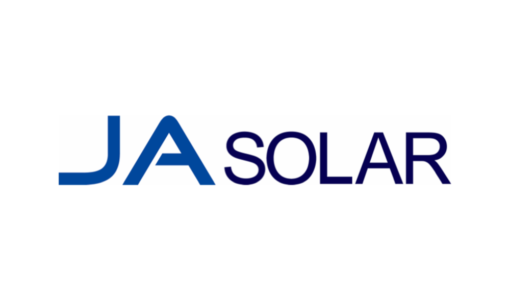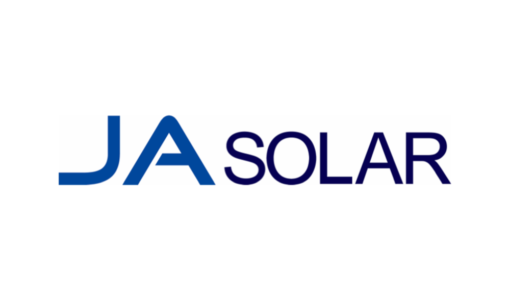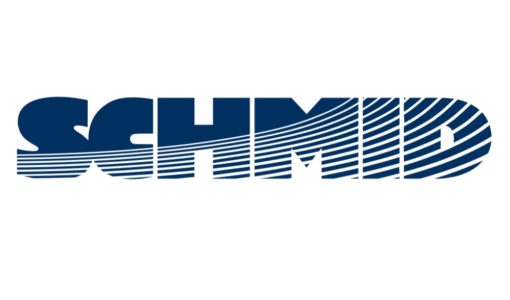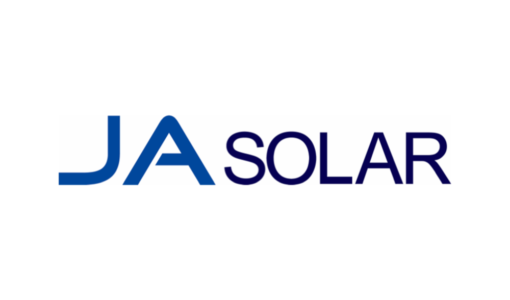- Hans-Martin Henning and Andreas Bett have taken over lead of Europe’s largest solar research institute Fraunhofer ISE from longtime director Eicke Weber
- Both scientists have been working at ISE for many years in leading positions, most lately as acting directors
- Top priority of their job will be transfer of R&D developments into industrial production
As of July 10, Prof. Dr. Hans-Martin Henning and Dr. Andreas Bett lead the Fraunhofer Institute for Solar Energy Systems’s (ISE). Both scientists, who have been working at ISE for many years, are internationally renowned in their fields, comprising PV, building energy technology and energy system analysis. Henning and Bett were division directors and formerly deputy institute directors of the German institute. Now that the appointment procedure has been finalized, they officially succeed Prof. Dr. Eicke Weber as institute heads.
Prof. Hans-Martin Henning’s focus is in the area of building energy technology as well as the system integration of renewable energies. Recently he was in charge of developing a simulation model for complex energy systems, which involved pioneering investigations on the path for Germany’s future energy supply.
Dr. Andreas Bett has been working for many years in the area of concentrator photovoltaics and has been distinguished multiple times for his groundbreaking work in this field. The researchers in his division “Materials – Solar Cells and Technology” at Fraunhofer ISE are among the leading experts worldwide. With their multi-junction solar cells for use in concentrator photovoltaics, they achieved an efficiency record of 46%, the highest efficiency reached to date for the conversion of solar energy into electricity.
Higher efficiency and system integration
Since 2009, both scientists served simultaneously as deputy institute directors and most lately as acting institute directors, organizing the R&D topics at Fraunhofer ISE within the context of the energy transformation.
“In the future, we will continue to make the transfer of R&D developments into industrial production our highest priority,” says Bett. “This includes maintaining our lead in the international race for record solar cell efficiencies. We intend to increase our competence in combining different cell concepts, as in tandem solar cells, and thus cross over into new boundaries.“
Beyond continuing dedicated research in its traditional business areas, system integration of renewable energy will play an increasingly bigger role in ISE’s research portfolio. “In the past years, we have successfully developed technologies for energy generation which convert solar radiation into electricity and heat,” said Henning. Adding, “The transformation of our energy system is moving now into a new phase: A comprehensive integration of renewable energy at all system levels and within all end-use sectors is pertinent for its success. And with this in mind, Fraunhofer ISE is consequently expanding its research activities to include all of the necessary technologies including digitization that will contribute to its success.” Besides system integration, these include sector coupling and related technologies, especially storage, hydrogen technologies, building energy technology, power electronics and also solar thermal energy.
Founded in 1981, Fraunhofer ISE has around 1,150 employees today. The institute concentrates on 4 research themes: energy efficiency, energy conversion, energy distribution and energy storage. It develops materials, components, systems and processes. In addition, Fraunhofer ISE has several accredited test centers and other service centers.
About the new institute heads
Hans-Martin Henning received his doctoral degree in physics from the University of Oldenburg in 1993. Since 1994 he has been working at the Fraunhofer Institute for Solar Energy Systems in Freiburg. In 1996, he became Group Leader of Thermal Systems and Components and in 2005 Department Head of Thermal Systems and Building Technology. Henning served as Deputy Director of Fraunhofer ISE since July 2009 and simultaneously as Division Director of Thermal Systems and Building Technology. Until recently he was a Professor of Technical Energy Systems at the Faculty for Mechanical Engineering, Karlsruhe Institute of Technology KIT. Since December 2016 he is the spokesperson for the Fraunhofer Energy Alliance.
Andreas Bett received his doctoral degree in physics from the University of Constance. Since 1986 he has been working at the Fraunhofer Institute for Solar Energy Systems ISE. In 1993, he took over as Group Head of III-V Epitaxy and Solar Cells and in 2007 Division Director of Materials – Solar Cells and Technology. He also served as Deputy Director of Fraunhofer ISE since July 2009. For his research work he received the Joseph von Fraunhofer Prize, the Becquerel Prize and the German Environmental Prize, among other distinctions.












